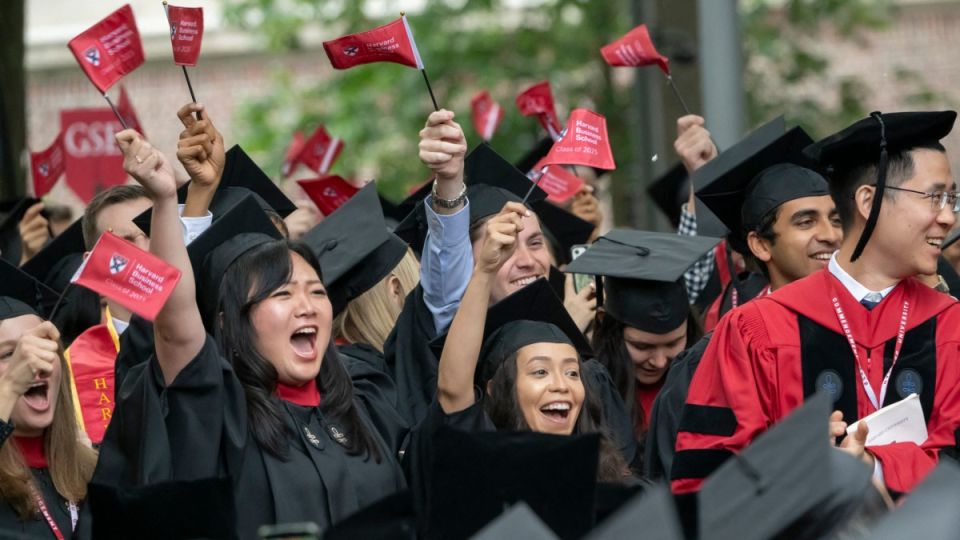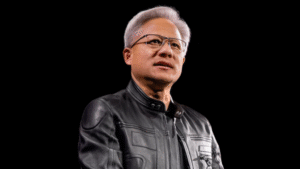BEIJING – A recent commencement speech delivered at Harvard University by Chinese graduate Jiang Yurong has unexpectedly thrust her into the center of a significant online controversy. Following the speech’s widespread virality, Jiang has found herself defending against allegations of nepotism regarding her admission to the prestigious American institution, highlighting broader discussions about meritocracy and transparency.
Jiang, a native of Qingdao, Shandong province, addressed her graduating class at Harvard University’s ceremony on May 29. Her speech, delivered in English while she wore traditional Chinese attire, drew attention for its narrative about translating Chinese washing machine labels, which she used to underscore themes of diversity and international understanding.
However, the rapid dissemination of her speech across Chinese social media platforms quickly led to questions from netizens. The core of the online inquiry revolved around whether Jiang had gained admission to Harvard Kennedy School’s Master in Public Administration in International Development program through personal connections rather than purely academic merit.
On Monday, Jiang responded to the escalating claims by establishing a Sina Weibo account and posting multiple denials. She stated emphatically that she gained admission on her own merit, refuting any suggestions of impropriety. Her response directly addressed previous online claims linking her to the China Biodiversity Conservation and Green Development Foundation (CBCGDF), where she had interned. A 2022 CBCGDF blog post, which allegedly celebrated her Harvard admission and included a thank-you note from a person identified as her father, Jiang Zhiming—who reportedly held a position within the foundation at the time—has since been deleted or edited, intensifying public speculation.
In her detailed rebuttal, Jiang explained that her parents divorced when she was young, and she had minimal contact with her father. She clarified that her recommendation letters for Harvard were sourced from her thesis advisors in economics and political science, as well as her former supervisor at Credit Suisse. While confirming her internship at CBCGDF and receiving a recommendation letter from them, she explicitly stated that she ultimately did not use that particular letter in her Harvard application. She underscored that all her application materials were verifiable and submitted independently.
Furthermore, Jiang disclosed personal financial details, stating that she deferred her admission for a year due to economic hardship and used nearly four years of work savings to cover her tuition fees. Addressing lingering doubts about her background and nationality, Jiang firmly asserted, “I hold only a Chinese passport, and I have no green card or overseas citizenship,” aiming to dispel widespread online conjecture. The incident underscores the intense public scrutiny faced by individuals from prominent institutions, particularly in the age of viral social media.









